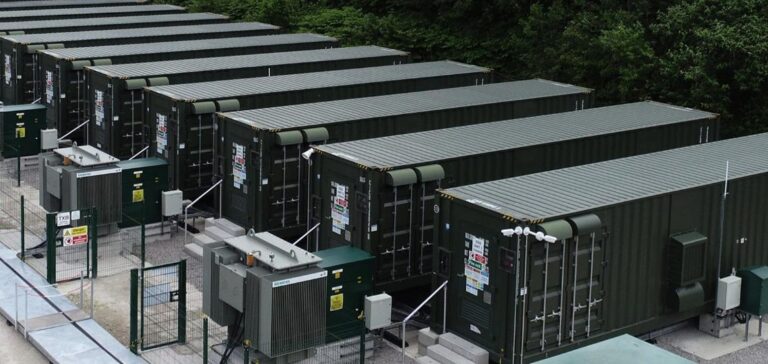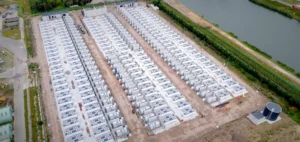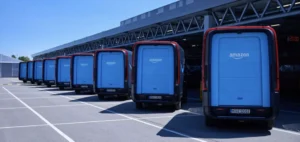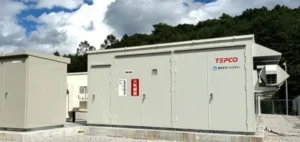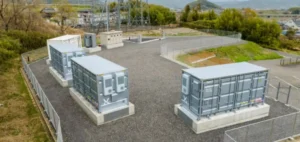Relyion Energy has reached a significant milestone in the energy storage sector by validating UL 9540A tests, a globally recognized standard for evaluating the thermal safety of battery energy storage systems (BESS). These tests, crucial for mitigating risks associated with lithium-ion batteries, confirm the compliance of the company’s products with regulatory and investor expectations.
A strategic lever to accelerate market entry
The UL 9540A validation offers a strategic advantage in a market increasingly shaped by stricter requirements. By adhering to this standard, Relyion Energy simplifies the approval process for regulatory authorities, such as Authorities Having Jurisdiction (AHJ). This enables faster commercialization of its products, a key factor in an industry where delays can result in substantial financial losses.
This certification also reassures industrial and financial partners who prioritize certified solutions to mitigate risks associated with integrating new technologies.
Addressing growing regulatory demands
Regulators impose stringent standards to govern the use of lithium-ion batteries, particularly in terms of safety. Through the results of UL 9540A tests, Relyion provides clear and precise technical documentation that aligns with the requirements of authorities overseeing project validations.
The company’s partners benefit directly from this compliance, which facilitates project approvals by public and financial institutions. This approach aligns with market priorities, where transparency and product reliability are critical.
A strategy aligned with market needs
By validating its energy storage systems based on second-life batteries, Relyion addresses a growing demand for competitive and reliable solutions. This strategy enables the company to position itself in demanding markets such as large-scale storage infrastructure and solutions for power grids.
The use of modules derived from electric vehicle batteries provides an attractive alternative to reduce costs while meeting the expectations of developers and investors. By focusing on compliance and reliability, Relyion secures its position in a sector where regulation serves as a strategic lever.
Strengthening competitiveness in a transforming sector
The UL 9540A certification reflects a pragmatic strategy aimed at meeting the expectations of clients, regulators, and investors. By integrating rigorous safety evaluation processes, Relyion mitigates uncertainties related to the use of lithium-ion batteries, a critical point for decision-makers in the sector.
This approach strengthens the company’s position in a competitive market where compliance with international standards has become a prerequisite for accessing business opportunities.


